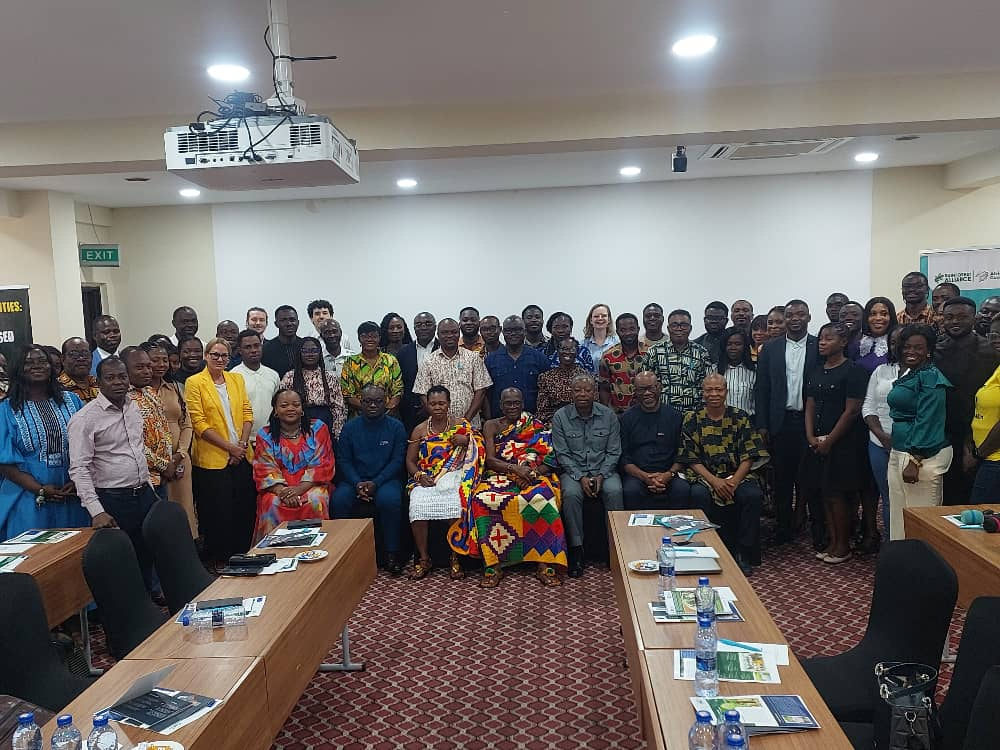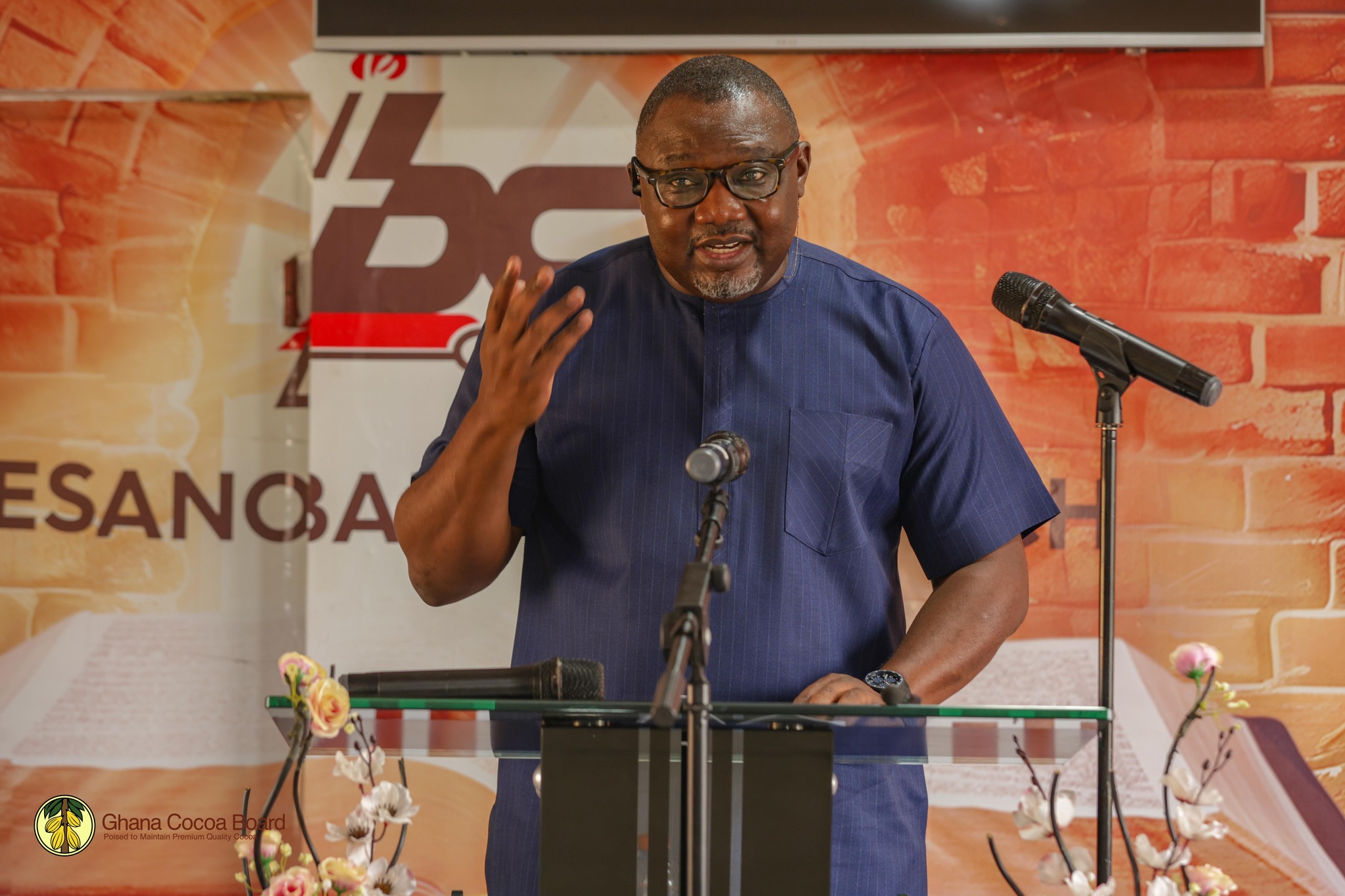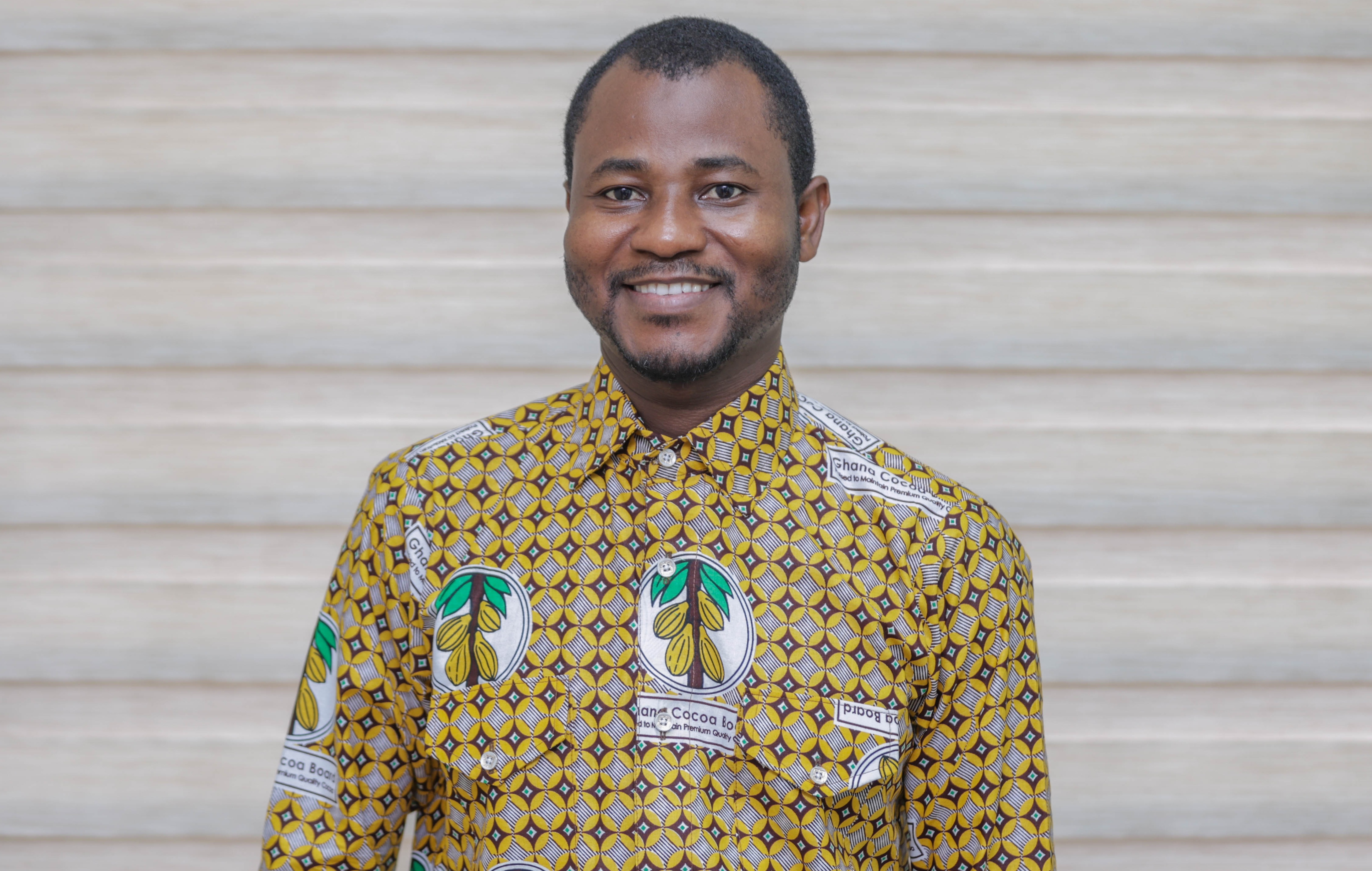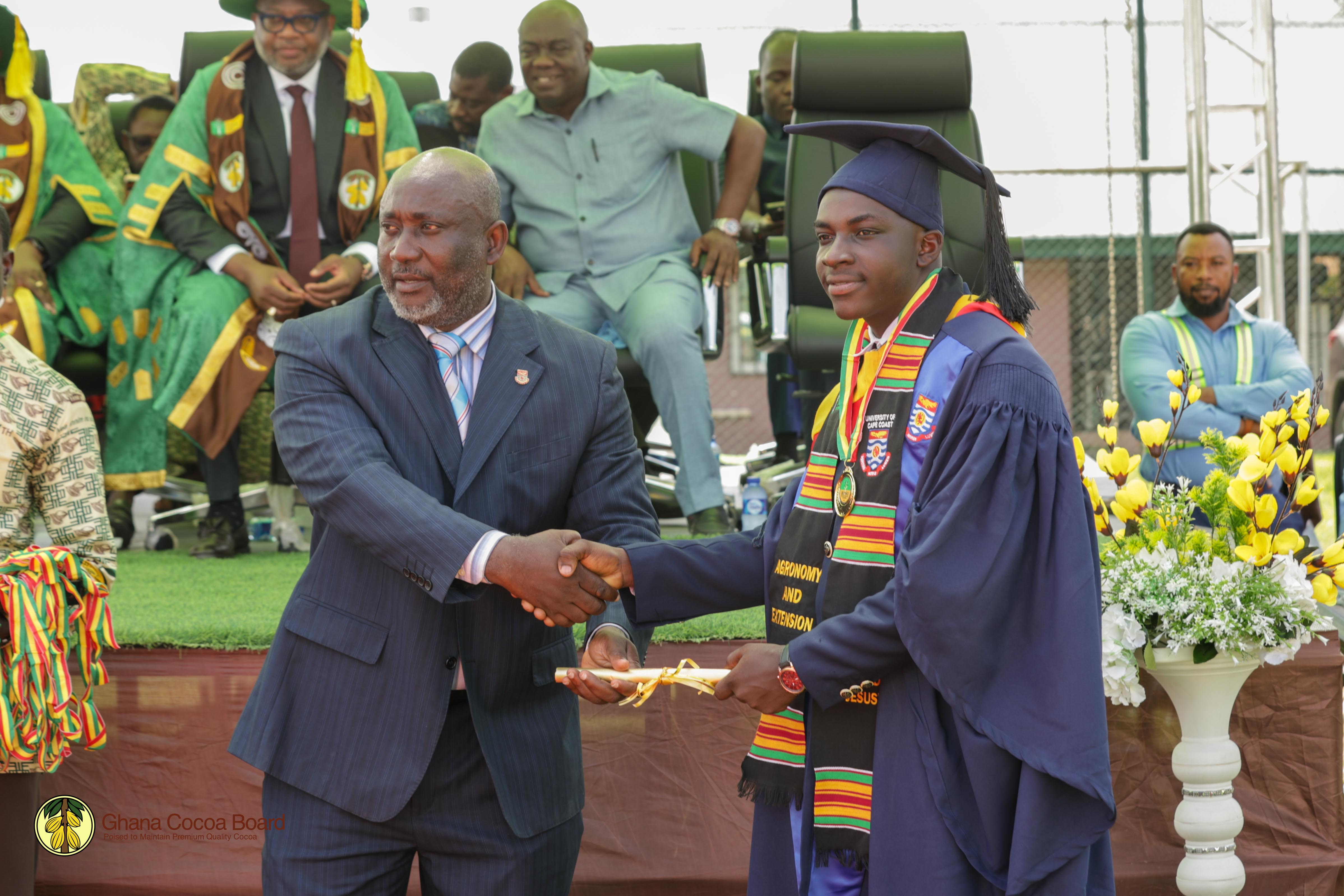PROMOTING SUSTAINABILITY THROUGH PARTNERSHIPS: RAINFOREST ALLIANCE HOLDS ANNUAL STAKEHOLDER WORKSHOP

Date: 16th August 2025
Stakeholders in Ghana’s agricultural sector have renewed their commitment to building sustainable and regenerative landscapes at the Annual Stakeholder Workshop organised by the Rainforest Alliance in Accra. The workshop was which was held under the theme: “Promoting Sustainability Through Partnerships,” provided a platform for partners and managers across the agricultural value chain to reflect on achievements, share experiences, and chart pathways for advancing sustainable agricultural practices in Ghana.
Delivering the keynote address, Madam Nadège Nzoyem, Senior Director of the Rainforest Alliance in charge of West and Central Africa, underscored the Alliance’s core mission: conserving biodiversity while promoting environmentally responsible and socially just farming and forestry practices. She highlighted the Alliance’s 2030 strategy, which prioritises the implementation of the Rainforest Alliance Sustainable Agriculture Standard (version 1.4) and policy frameworks designed to strengthen sustainability efforts in West and Central Africa.
Discussions at the workshop emphasised the need for stronger cross-sector collaborations to accelerate Ghana’s transition to climate-smart and deforestation-free agriculture. Panel discussions highlighted shared objectives between the Rainforest Alliance and key national institutions in promoting sustainable cocoa production, with a particular focus on increasing productivity, enhancing farmer and livelihoods, and ensuring climate resilience.
Mr. Hans Gyimah Gyamfi, Research Manager at the Ghana Cocoa Board, who represented COCOBOD in the panel discussion, noted that these objectives align closely with Ghana’s Cocoa Sector Development Strategy II (CSDS II), which is designed to achieve a balance between higher yields, environmental protection, and economic empowerment for cocoa farmers.
The workshop reaffirmed the importance of partnerships in achieving sustainability goals, making clear that no single institution can drive the change alone. Participants agreed that it is through collaboration across government agencies, private sector players, NGOs, and farming communities that Ghana can achieve a truly regenerative and resilient agricultural future.
Other News / Articles you might be interested in.

COCOA MEDIA HUB LAUNCHED TO ENHANCE OPEN GOVERNANCE AND FARMER ENGAGEMENT
Ghana Cocoa Board, along with various stakeholders, has participated in the official launch ...
Read More
COSSA - HEAD OFFICE ELECTS NEW EXECUTIVES
The COCOBOD Senior Staff Association - Head Office (COSSA - Head Office) has ...
Read More
BUNSO COCOA COLLEGE HOLDS 3RD GRADUATION CEREMONY
By Geoffery Opoku-DarkoThe Bunso Cocoa College (BCC), a division of the Ghana Cocoa ...
Read More